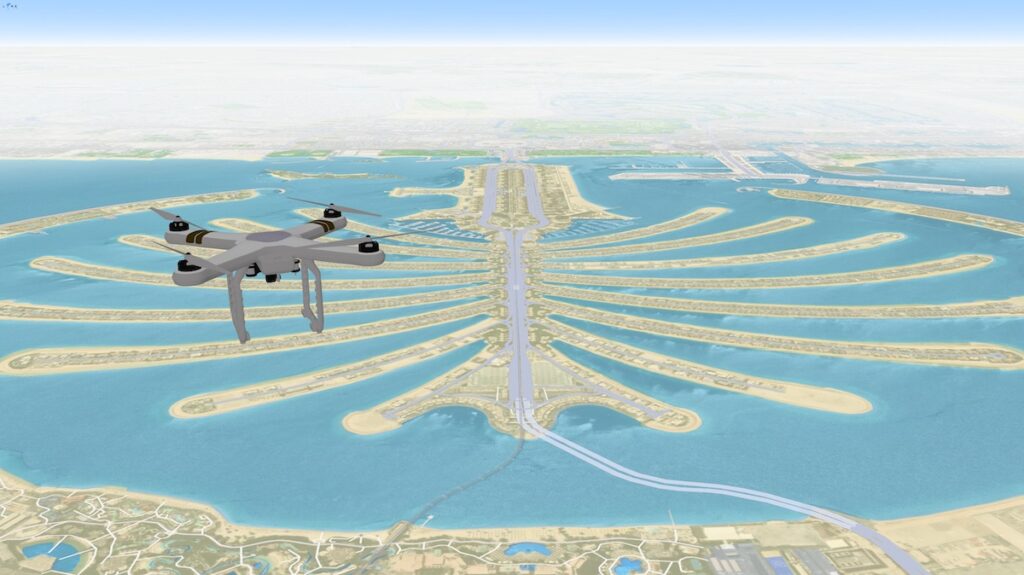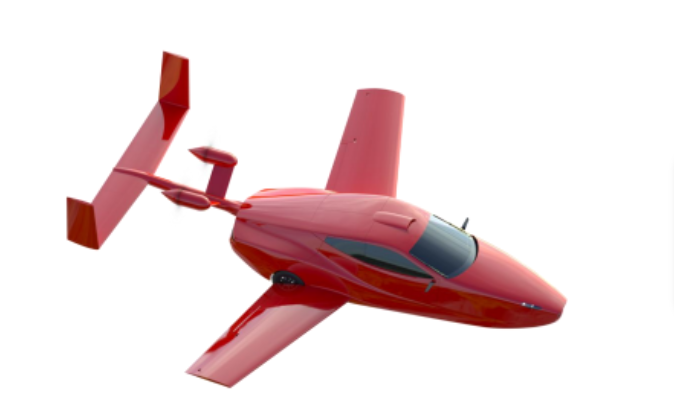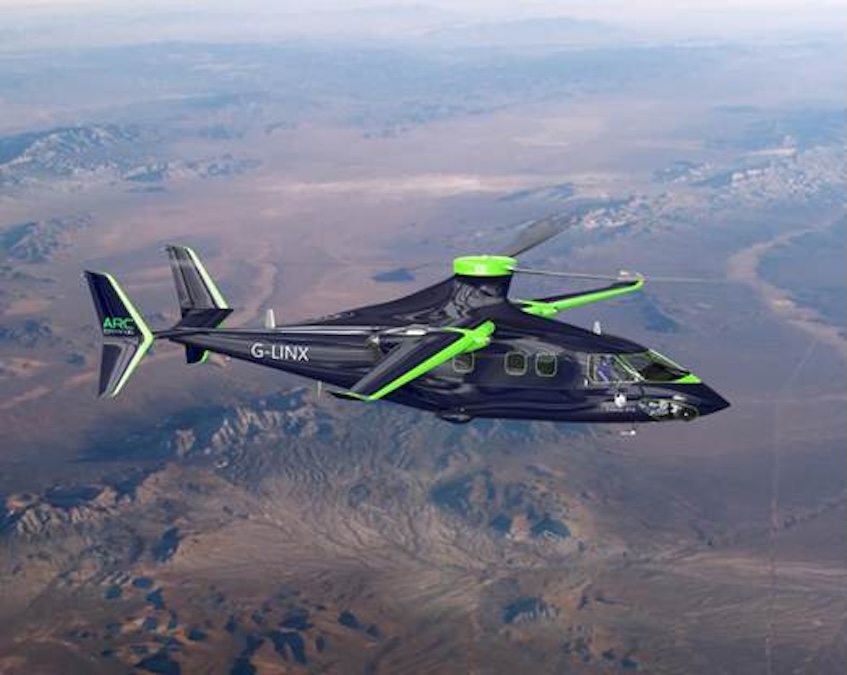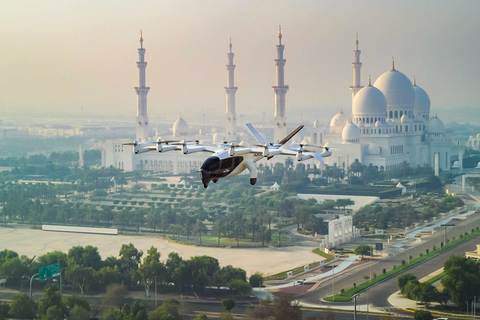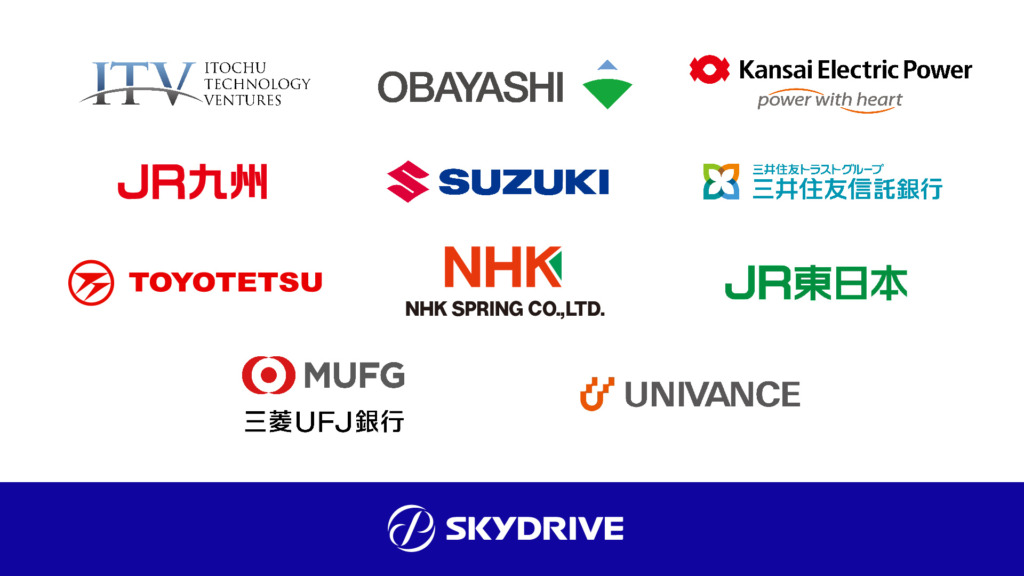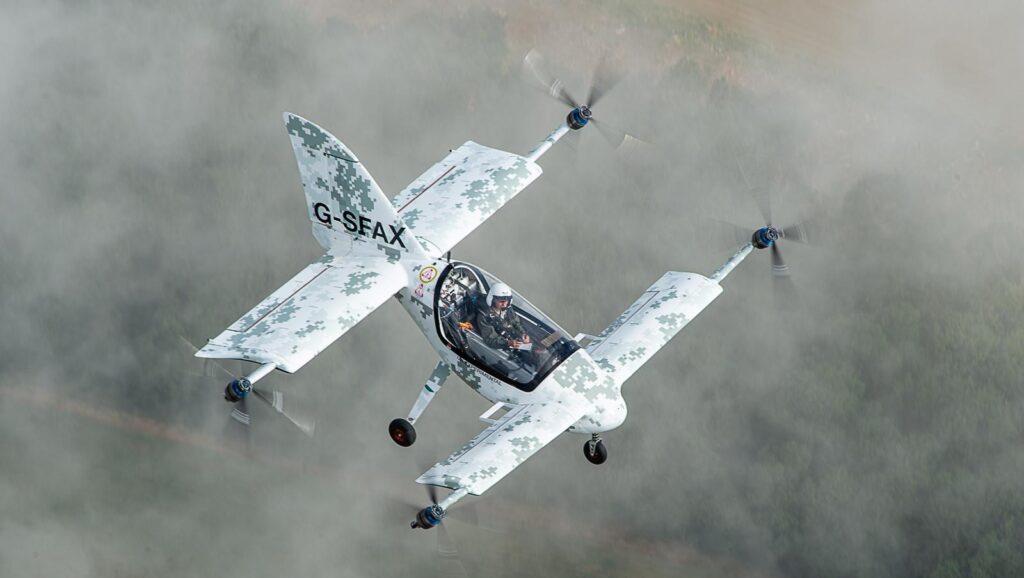
Autonomy of Future Air Mobility (AMAF) project partners Thales and Presagis (now TXT) are uniting to bring together expertise in digital technologies, AI, critical systems and simulation in order to design key components for the autonomous aerospace of the future.
As part of the project spearheaded by The Consortium for Research and Innovation in Aerospace in Quebec (CRIAQ), Thales, TXT and Université Laval aim to propose a structured framework for the autonomy of new regional and urban air mobility solutions in Quebec through two complementary approaches.
The main development objective of the project is to develop and test the solutions required for an air vehicle to fly safely and fully autonomously along a previously unannounced flight path. Challenges include real-time flight path optimization, continuous verification of flight path safety and security, and calculation of all the alternative routes that could be taken should unforeseen circumstances arise.
TXT will create a digital twin of the airspace environment to support real-world implementation of innovative perception and navigation functions developed as part of this project, and to provide training for users of these new systems. Further expanding the company’s expertise in this field, a virtual test bench will be created to analyze interactions between the real world and an entirely simulated environment.
A new mission planning tool has also been developed to optimize energy use by hybrid aircraft, arising from the combined expertise of Université Laval and Thales. Thales assert that this type of solution will be crucial for the large-scale rollout of new hybrid and all-electric forms of mobility.
The two-year AMAF project encompasses a range of activities including test operations, conferences, scientific seminars and participation in international trade fairs focusing on future air mobility.
Thales say that over the last 40 years, aircraft have become increasingly reliant on automated functions to simplify tasks for aircrew and improve flight safety, but new forms of mobility such as future air taxis and fully autonomous drones herald the arrival of a new paradigm.
These capabilities were demonstrated at the Unmanned Aerial System Centre of Excellence (Centre d’Excellence sur les Drones – CED) test facility in Canada during trials conducted in late 2023 with a UAV provided by Thales for the purposes of this project.
Capitalizing on Quebec’s vibrant technological ecosystem, the project partners intend to establish the province’s role as a world-class hub for digital aviation systems.
“Future air mobility is one of CRIAQ’s three strategic pillars, and the growth of this sector has multiple implications in terms of safety and regulatory compliance, and above all in terms of social acceptability. The AMAF project addresses all these issues, and I’m very pleased with the progress it is making and optimistic about the technological breakthroughs it could deliver,” stated Alain Aubertin, President and CEO of CRIAQ.
“Quebec and its innovation ecosystem offer ideal conditions for testing the air mobility solutions of the future. Thales is able to rely on an excellent local physical and digital infrastructure to develop green autonomy solutions, working with Quebec-based academic partners, companies and start-ups to test and validate the first technological and functional capabilities,” commented Siegfried Usal, President and General Manager of Thales Digital Solutions in Quebec.
“Thanks to the AMAF project and constructive Franco-Canadian collaboration, we have succeeded in combining certified critical avionics with the latest advances in AI for the first time. By harnessing the best of both worlds, we’re paving the way for truly autonomous and safe flight operations,” added Pierre Mariani, Head of Innovation, Flight Avionics, Thales.



